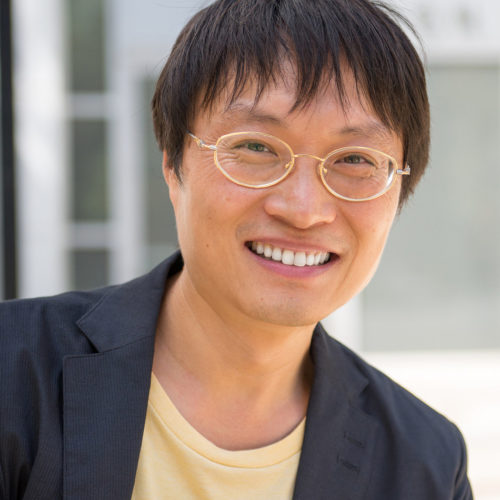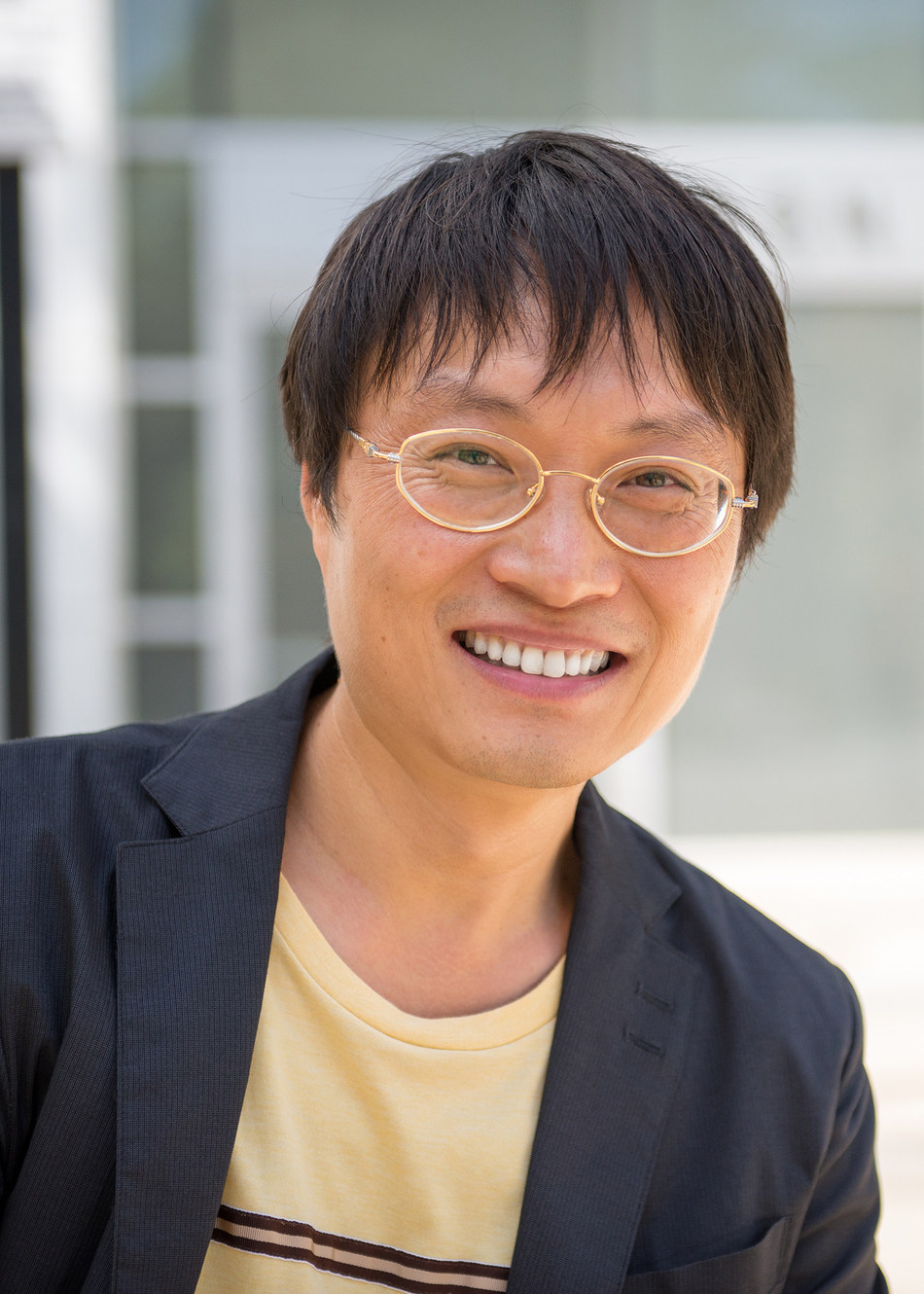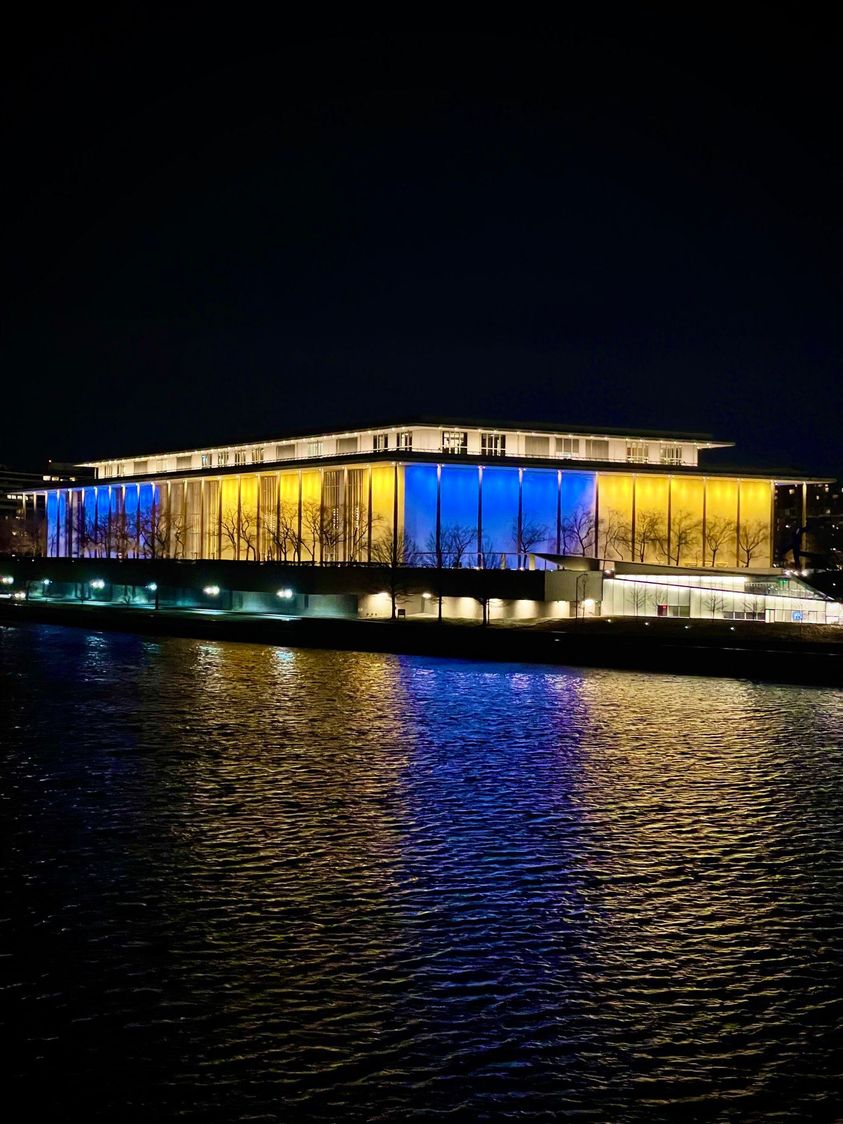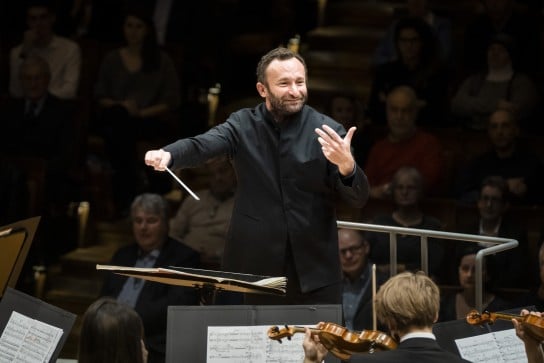The world’s top composer prize has turned into a sorry in-joke
mainThe Grawemeyer Award – a life-changing $100,000 prize for the best composer of the year – hit rock bottom this week with the selection of a Californian academic, Lei Liang, who had a climate change piece performed in Boston.
Last year’s winner was Joël Bons, a composer so obscure he lacks a Wikipedia entry.
The award is being driven out of public attention.
No major media – Slipped Disc included – bothered to report this week’s announcement.
Consider, in real world terms, who might have been worthy of the 2019 Grawemeyer:
John Adams
Mark Anthony Turnage, new concertos
Olga Neuwirth
Missy Mazzioli
Mason Bates, new operas
Nico Muhly
Kalevi Aho
Hans Abrahmsen
What’s wrong with these candidates? First, you’ve actually heard of them. Second, they’re performed around the world.
The people controlling the Grawemeyer seem determined to run it into oblivion.







Comments